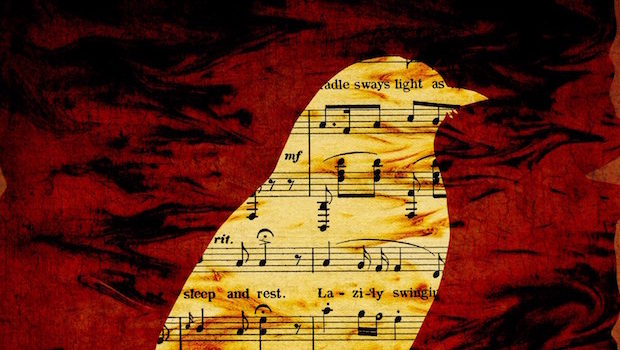An Open Secret: SARI WILSON on the Heartbreak of Miscarriage
It’s an open secret how many women have had miscarriages. No one will tell you this, though, until you have one yourself. You find out your grandmother had a number of miscarriages. Your friends reveal that they have had one, two, three—or more—miscarriages. Your dental hygienist reveals, through her mask, that she has had multiple miscarriages. (You feel closer to her than anyone else in the world at that moment.) How could you not have known this? That the world is filled with this disappearance of possible futures?
Women have miscarriages for all kinds of reasons. My doctor explains that most of the time miscarriages aren’t preventable—it’s nature doing what it should, ridding itself of a genetic anomaly incompatible with life.
I had two miscarriages. The first was very early and the tests showed that while an egg was fertilized (and so my body thought I was pregnant) there really wasn’t a fetus. It was some kind of trick: a fertilized egg that wasn’t able to becoming anything, that was incompatible with life.
I still don’t understand, really.
The second time, I was farther along. This time there was a fetus. While pregnant, I dreamt of a child with five arms and five legs. The tests showed that my dream was real: the fetus had a chromosomal abnormalities that included multiple sets of limbs—abnormalities so severe that they were incompatible with life. Closer to life—but still incompatible with it.
The interesting thing about miscarriage is how it makes you realize life—the conditions for life—are delicate. All of life suddenly appears in a state of grace. Life, everywhere; yet exotic. Birds hop in gutters, roost under air conditioners. Rats cavort in subway garbage cans.
Over the two years I had these miscarriages, I became kinder to myself, took better care of myself. After all, I was alive.
After the miscarriages, I did have a child. I forgot my heartbreaks in the joy of receiving my daughter. Her howls, her stubbed toes, the curly hair on the back of her head, her round hazel eyes, her uneven bangs.
I try to treasure her every day.
I am amazed at how our heartbreaks can make us, in our thirst for life, somewhat cruel. Yes, no other word. During the recent swine flu scare, my daughter became sick. For three days, her temperature kept climbing. On the third day, it reached 103. I took her to the doctor. The doctor took blood to see if it was a virus. She pricked my daughter’s finger and squeezed again and again until the tiny vial was full. My daughter howled and said “hurts!” Instead of compassion or empathy, I felt only a sharp trill of joy as I watched. Her blood was marvelously thick and very red.
This meant she was alive.
All the pain and fear of my former heartbreaks returned. I held her closer, more tightly.

Blood moon
By the way: Sari Wilson recently published her first novel, Girl Through Glass. It is very much a story of motherhood, at its heart, and “a haunting portrait of obsession, ambition, and sacrifice” (Buzzfeed). Read it.







